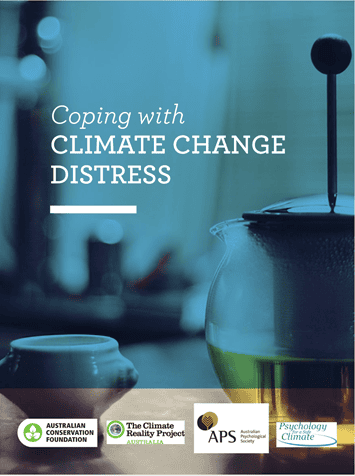Limit your consumption
In her article ‘How to Deal with News Overload’, psychologist Ellen Hendriksen suggests restricting the news to designated times. She also recommends “filtering ruthlessly”. The mental health charity Mind also recommends setting boundaries around news consumption.
Find a way to take action
On the Climate Change and Happiness podcast, Panu Phkala and Thomas Doherty recommend finding an area of action to focus on and then “dig in”. This way you won’t just be a passive consumer of news. You’ll be an active actor or creator. They say:
“Once you have your own thing to do, you don’t need to chase the news about every issue.”
Climate Change and Happiness podcast, Season 3 Episode 18
The UK mental health charity Mind also recommends taking action on an issue as a way of coping with distressing events in the news.
Look after your wellbeing
In their advice on coping with distressing events in the news, Mind also talks about being kind to yourself by looking after your health including sleep, exercise, food and relaxation.
Coping with Climate Distress

The Australian Psychological Society has produced a brilliant booklet called Coping with Climate Distress that contains several strategies for coping with climate distress including:
- Find social support among your friends, groups and community.
- ‘Cognitive strategies (thinking about our thoughts and beliefs).
- Restore yourself mentally.
- Learn to regulate emotions.
The booklet also includes strategies we’ve seen already such as recommendations for taking action, taking a break and looking after our general well-being.